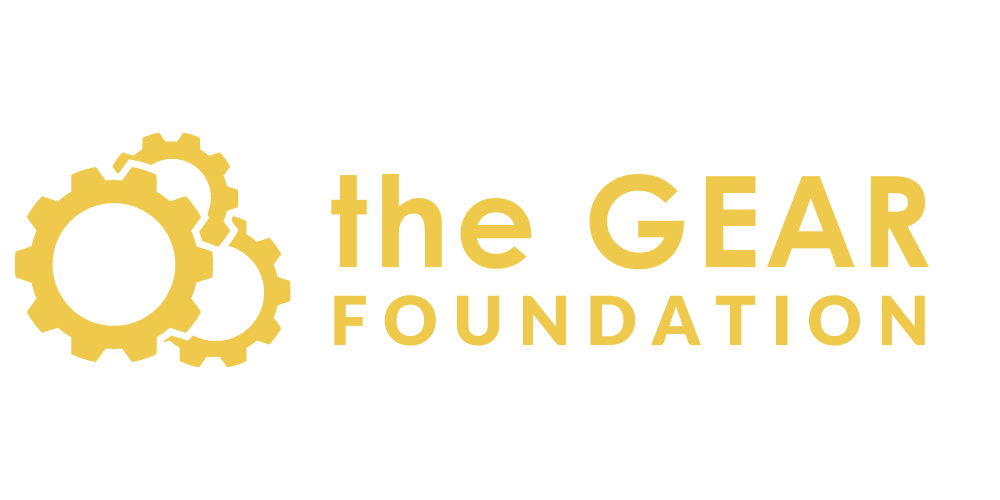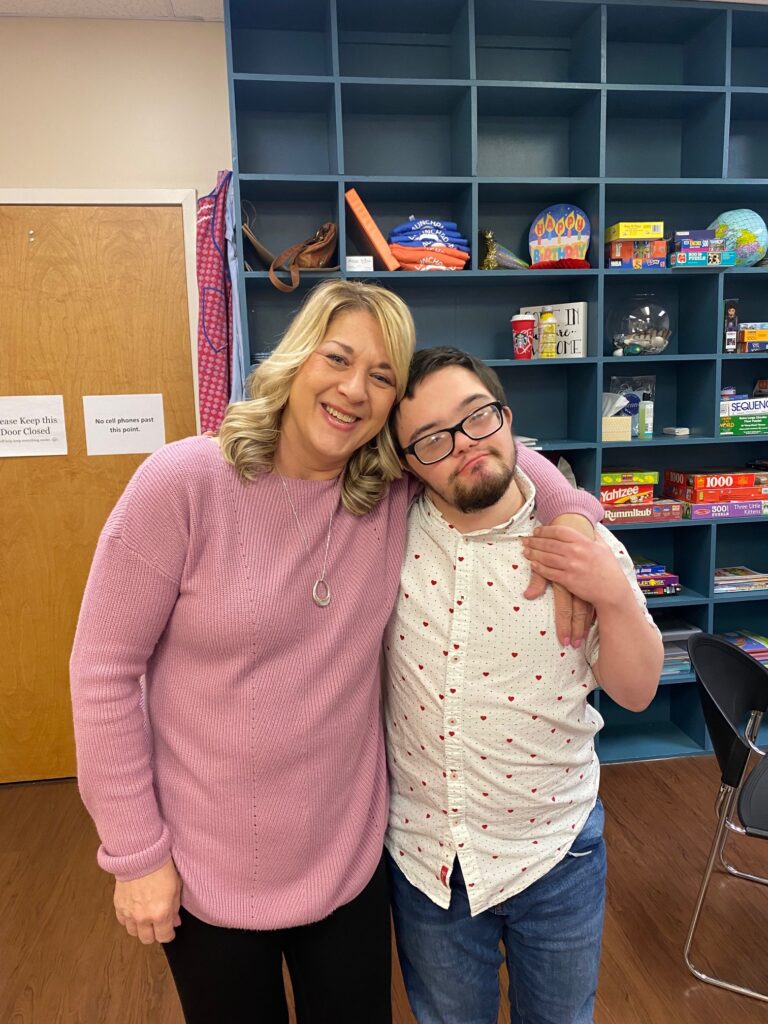- Franklin, TN
- dave@thegearfoundation.org
In a world where diversity and inclusion are increasingly recognized as vital to a thriving society, it is imperative to shine a light on the states leading the charge in providing employment opportunities for adults with special needs. This blog post aims to inform parents and caregivers about the regions in the United States that are setting the standard in this crucial aspect of societal advancement.
Pioneering Inclusivity: The Front-Runners
Several states have distinguished themselves through innovative policies, supportive employment programs, and robust community involvement. These states not only recognize the inherent value of integrating adults with special needs into the workforce but also actively remove barriers to employment and ensure supportive environments where individuals can thrive.
1. Oregon: A Model of Supported Employment
Oregon has long been celebrated for its progressive approach toward special needs employment. The state’s Employment First policy ensures that adults with special needs are considered for competitive, integrated employment before other options. With a strong emphasis on individual strengths and interests, Oregon provides extensive support, including job coaching and employment services, to foster a successful work environment for all.
2. Washington: Commitment to Diversity and Inclusion
Washington State’s steadfast commitment to diversity and inclusion is evident in its employment strategies for adults with special needs. The state’s Developmental Disabilities Administration (DDA) offers a variety of employment supports, from job development to ongoing support, ensuring that individuals with special needs have the necessary resources to succeed in the workplace.
3. Minnesota: Advancing Opportunities through Innovation
Minnesota stands out for its innovative programs and community partnerships aimed at increasing employment for adults with special needs. The Minnesota Employment Center (MEC) for People who are Deaf, DeafBlind, and Hard of Hearing is one such initiative, providing specialized vocational services that cater to the unique needs of its participants. Through a combination of technology and personalized support, Minnesota is creating a more inclusive job market.
4. Vermont: A Leader in Employment Equality
Vermont’s approach to employment for adults with special needs is grounded in the belief that everyone has the right to work in a supportive environment. The state’s Division of Disability and Aging Services offers numerous programs designed to facilitate job placement, skill development, and ongoing support, ensuring that individuals are not only employed but also have pathways for career advancement.
The Impact of Inclusive Employment
The benefits of inclusive employment extend beyond the individuals directly involved. Employers gain dedicated and passionate employees, workplaces become more diverse and innovative, and communities grow stronger through increased participation and economic contribution from all members. Inclusive employment is not just a moral imperative; it’s a societal advantage.
Barriers to Employment and State Responses
Despite the progress, significant barriers remain. Stigma, lack of awareness, and inadequate training for employers are among the challenges still faced by adults with special needs seeking employment. The leading states are addressing these issues head-on through public awareness campaigns, employer incentives, and specialized training programs designed to create more inclusive work environments.
The Role of Families and Caregivers
Parents and caregivers play a critical role in the journey to employment for adults with special needs. From advocating for their loved ones to helping them navigate the job market, your involvement is crucial. Stay informed about the resources and programs available in your state and be an active participant in your loved one’s employment journey.
A Call to Action
While the strides made by Oregon, Washington, Minnesota, and Vermont are commendable, there is still much work to be done. Other states must follow suit by adopting similar policies and programs to ensure that adults with special needs have equal opportunities to contribute to and benefit from a fulfilling work life.
Conclusion
The “Winning States for Employment for Special Needs” are setting the standard for what is possible when society commits to inclusivity and diversity in the workforce. These states are not just providing jobs; they are affirming the value of every individual and paving the way for a more inclusive future. As parents and caregivers, your support and advocacy are invaluable in this ongoing journey toward equality and opportunity for all. Together, we can ensure that adults with special needs are not just employed but are celebrated for their unique contributions to the workplace and society at large.







